
Doctor Explains Why You Might Need to Poop Right After Eating — And It’s Not Just IBS
Doctor Explains Why You Might Need to Poop Right After Eating — And It’s Not Just IBS
If you often find yourself rushing to the bathroom shortly after eating, you’re not alone. This common experience is usually linked to something called the gastrocolic reflex. According to Dr. Joseph Salhab, this reflex is a natural response triggered by signals between your brain and digestive system—not because food is moving through your body unusually fast.
While the gastrocolic reflex is normal, it can be more intense in people with Irritable Bowel Syndrome (IBS). Fortunately, there are ways to manage it through diet and supplements. Here's a guide to some effective foods, remedies, and tips—including the low-FODMAP diet and the benefits of aloe vera.
1. Low-FODMAP Foods

For those with IBS or heightened sensitivity to the gastrocolic reflex, adopting a low-FODMAP diet can be very effective. FODMAPs are hard-to-digest carbohydrates that often trigger bloating, cramping, and diarrhea. Avoiding them can reduce gut irritation and the urgency to use the bathroom after eating.
Gentle foods like oats, quinoa, carrots, and spinach are good choices. According to Dr. Salhab, this diet can even “reduce the strength of colon contractions” in people with IBS.
2. Bananas
Bananas are a great digestive aid. Rich in soluble fiber, they help regulate bowel movements and bulk up stool. They also replenish potassium, an important electrolyte for healthy digestion. A banana can help calm your gut and reduce the need to run to the bathroom after meals.
3. Ginger
Known for its calming effects on the stomach, ginger can help relieve cramping and discomfort, especially after eating. It has anti-inflammatory properties and can tone down the gastrocolic reflex. Try adding it to meals or drinking ginger tea to ease digestion.
4. Plain Yogurt with Probiotics
Probiotic-rich yogurt supports a healthy gut microbiome, which is key to regulating digestion and minimizing IBS symptoms. Choose plain varieties with live cultures to help balance your gut bacteria and reduce urgency after meals.
5. Aloe Vera with Water
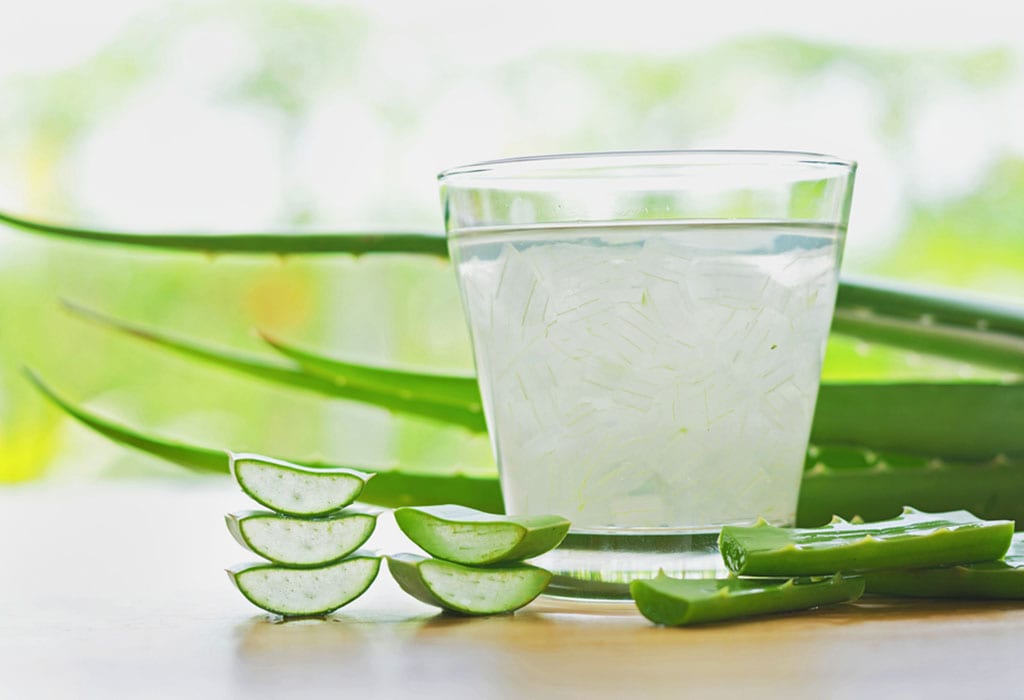
Aloe vera is another natural remedy that soothes the digestive tract and promotes regularity. Mixing aloe vera with water and drinking it before meals may help reduce inflammation and prevent sudden urges to go.
6. Psyllium Husk Supplements
Psyllium husk is a type of soluble fiber that supports healthy digestion by bulking up stool and promoting regular bowel movements. Taken before meals, it may help lessen the intensity of the gastrocolic reflex.
7. Magnesium Citrate
If you’re experiencing constipation along with post-meal urgency, magnesium citrate can help. It relaxes the intestinal muscles, encouraging smoother bowel movements. When taken at the right dosage, it helps regulate digestion without causing diarrhea.
8. Digestive Enzyme Supplements
If food intolerances are contributing to your symptoms, digestive enzyme supplements may help. They aid in breaking down fats, proteins, and carbs more efficiently, reducing the digestive burden and lowering the likelihood of urgent bathroom trips.
9. Probiotic Supplements
While probiotic foods are helpful, supplements can offer a stronger dose of beneficial bacteria to support digestion and reduce IBS symptoms like cramping and diarrhea. Regular use can help keep your digestive system in balance.
Conclusion
Feeling the need to use the bathroom right after eating is more common than you might think, and it's often due to the gastrocolic reflex, particularly in people with IBS. By understanding your body’s response to food and making mindful changes—like adopting a low-FODMAP diet and using targeted supplements—you can manage this reflex more effectively and improve your overall digestive health.
News in the same category


Man Eats Slug on a Dare, Leading to Tragic Consequences Years Later

Don’t overlook these small red spots on your arm – They could be important warning signs
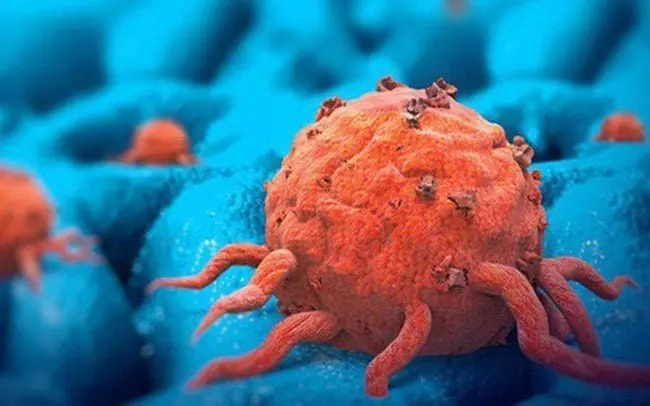
If You Don’t Get These 5 Health Screenings, You Might Not Know You Have Cancer! It's Best to Check These Areas Regularly

Warning: Strange Nail Shapes Could Be a Sign of Dangerous Cancer
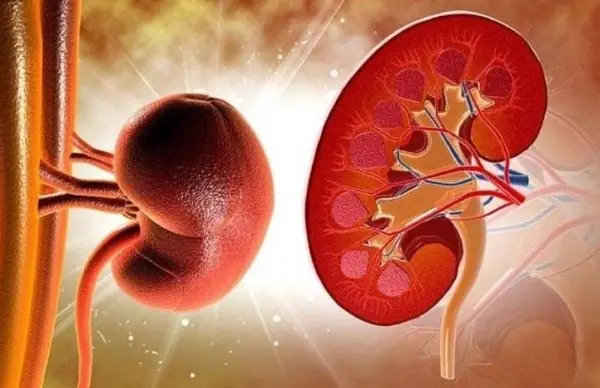
5 Early Signs of Kidney Failure You Need to Know: #3 Is Common But Often Ignored
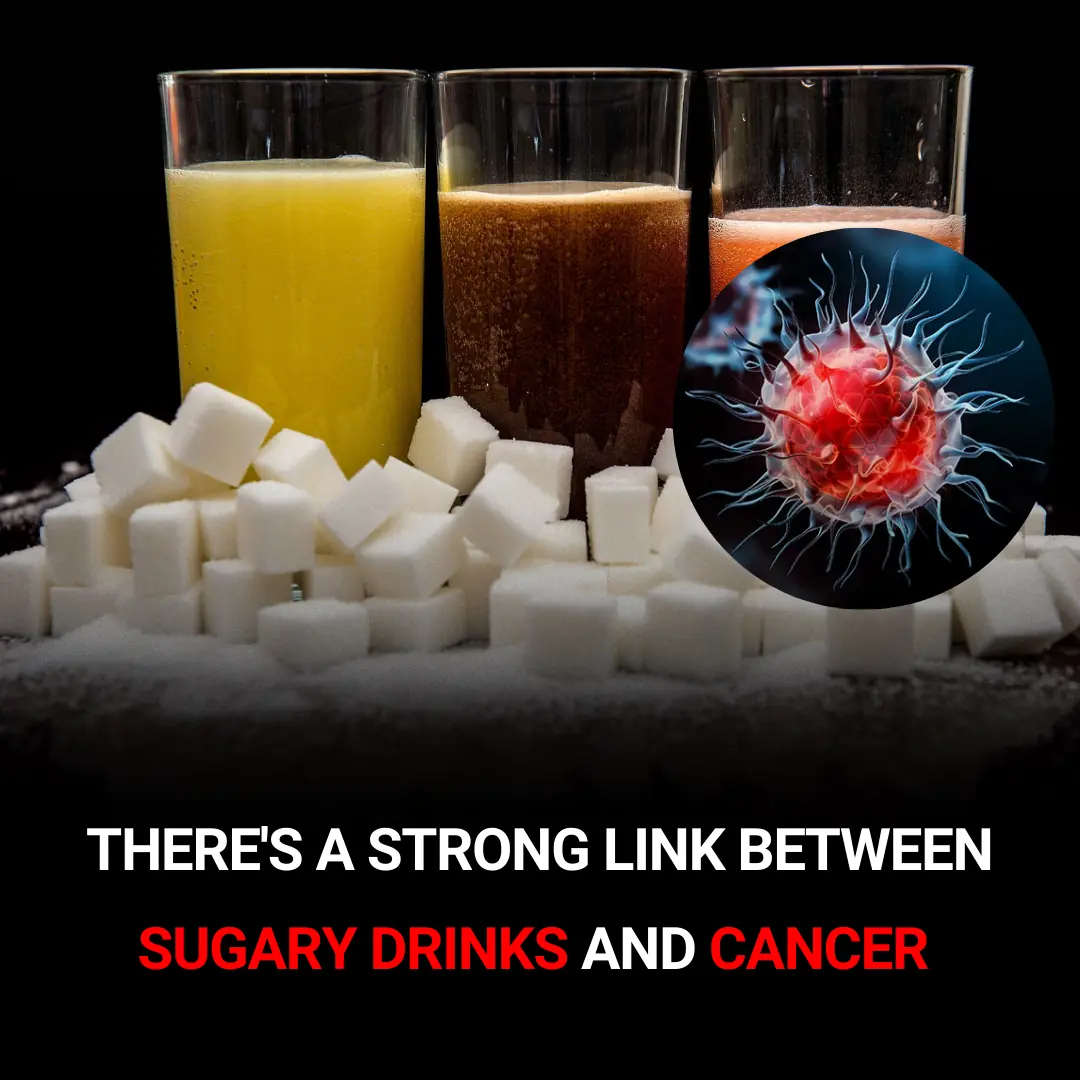
Think Before You Sip: The Hidden Link Between Sugary Drinks and Oral Cancer

Pineapple-Infused Water, Anyone? Discover the Benefits, Tips, and Refreshing Recipes

How Much Water You Actually Need to Drink Each Day – And Why It Matters
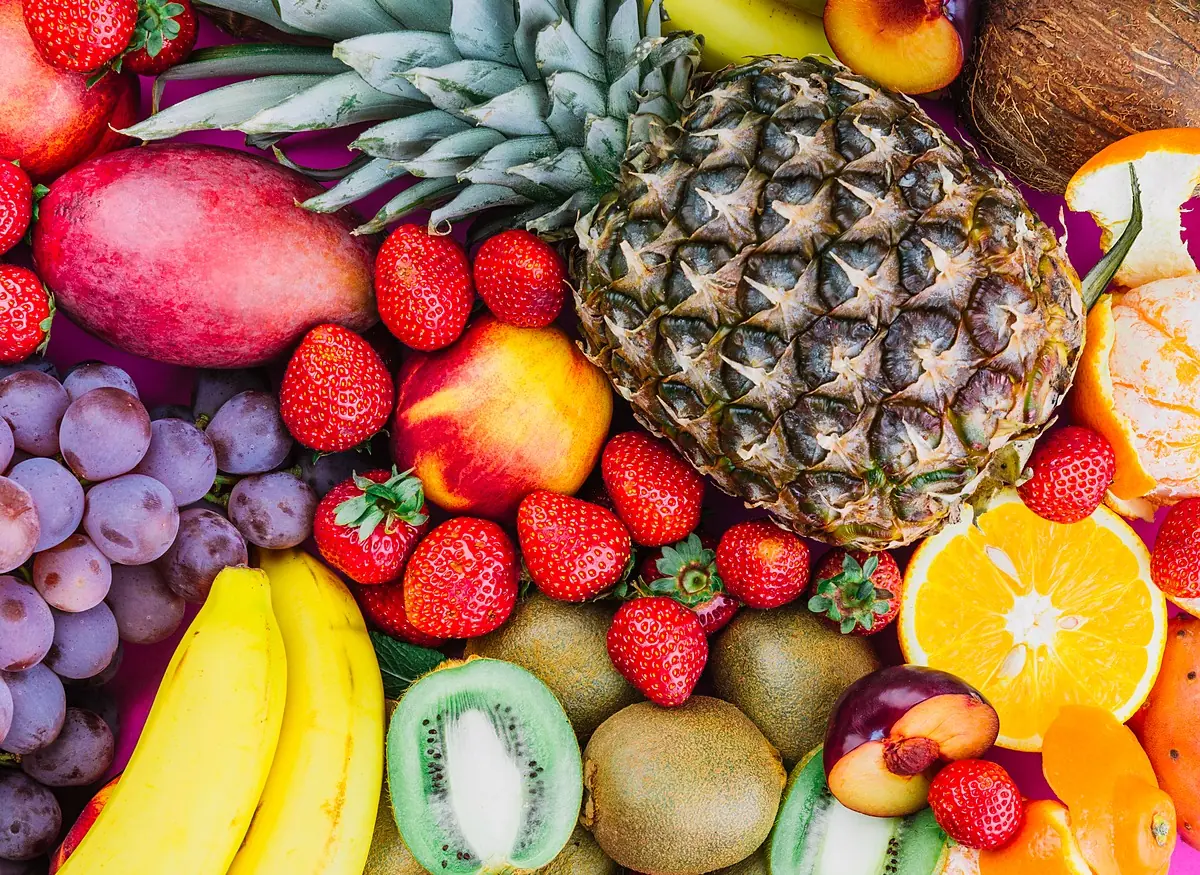
5 Fruits Listed in the ‘Black Book’ That May Promote Cancer Cell Growth: Avoid Them No Matter How Cheap They Are

25-year-old woman explains condition that makes her ‘look like an 8-year-old’
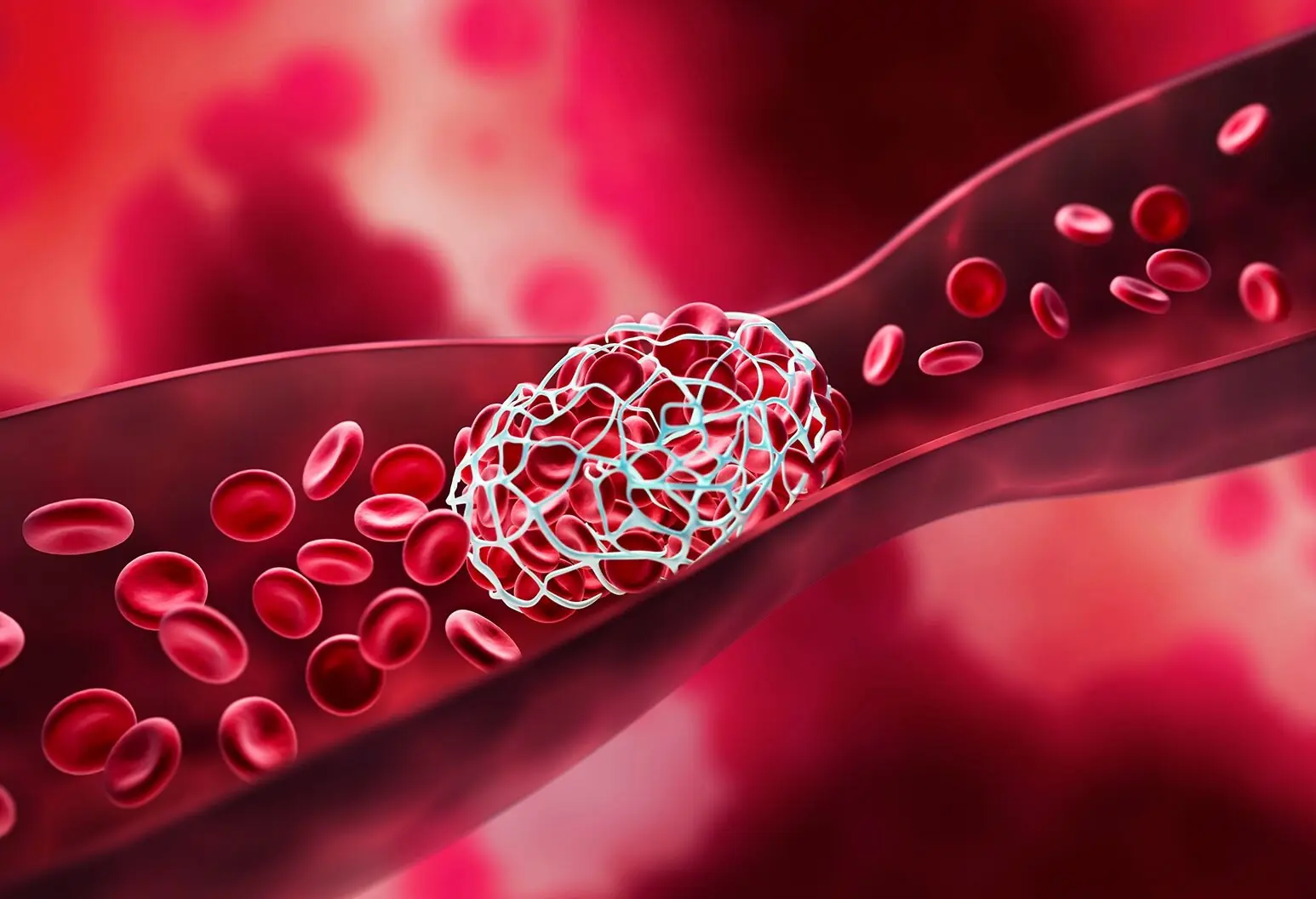
When There's a Blood Clot in the Body, It May Send You 4 Warning Signals You Shouldn't Ignore

Inside The 36-hour Fast: How Your Body Transforms Hour By Hour In Viral New Simulation

Eating Too Fast? Here’s Why Slowing Down Can Improve Digestion and Reduce Bloating

Why Letting a Baby “Cry It Out” May Be Harmful: What Science Says

Rh-Null Blood: The World’s Rarest Blood Type, Also Known as "Golden Blood"

Recognizing Mini-Stroke Symptoms: A Crucial Step in Stroke Prevention

Experts Reveal 3 Warning Signs of Lip and Nail Cancer You Shouldn’t Ignore

Doctor Warns About the Risks of Not Washing Your Hair Regularly
News Post

Papaya Flowers Soaked in Honey: A Potent Natural Remedy
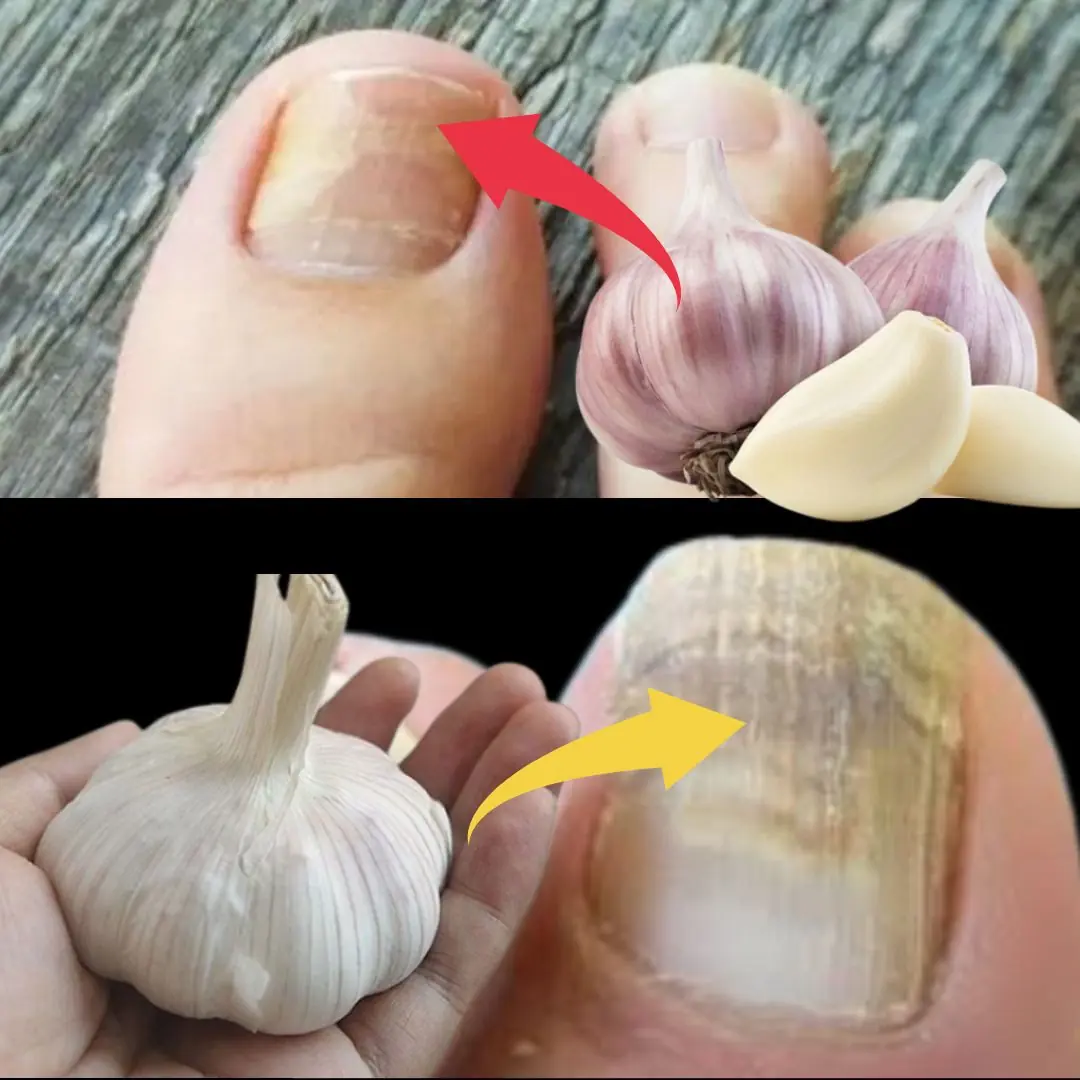
This Natural Nail Fungus Killer Works Fast: Garlic!
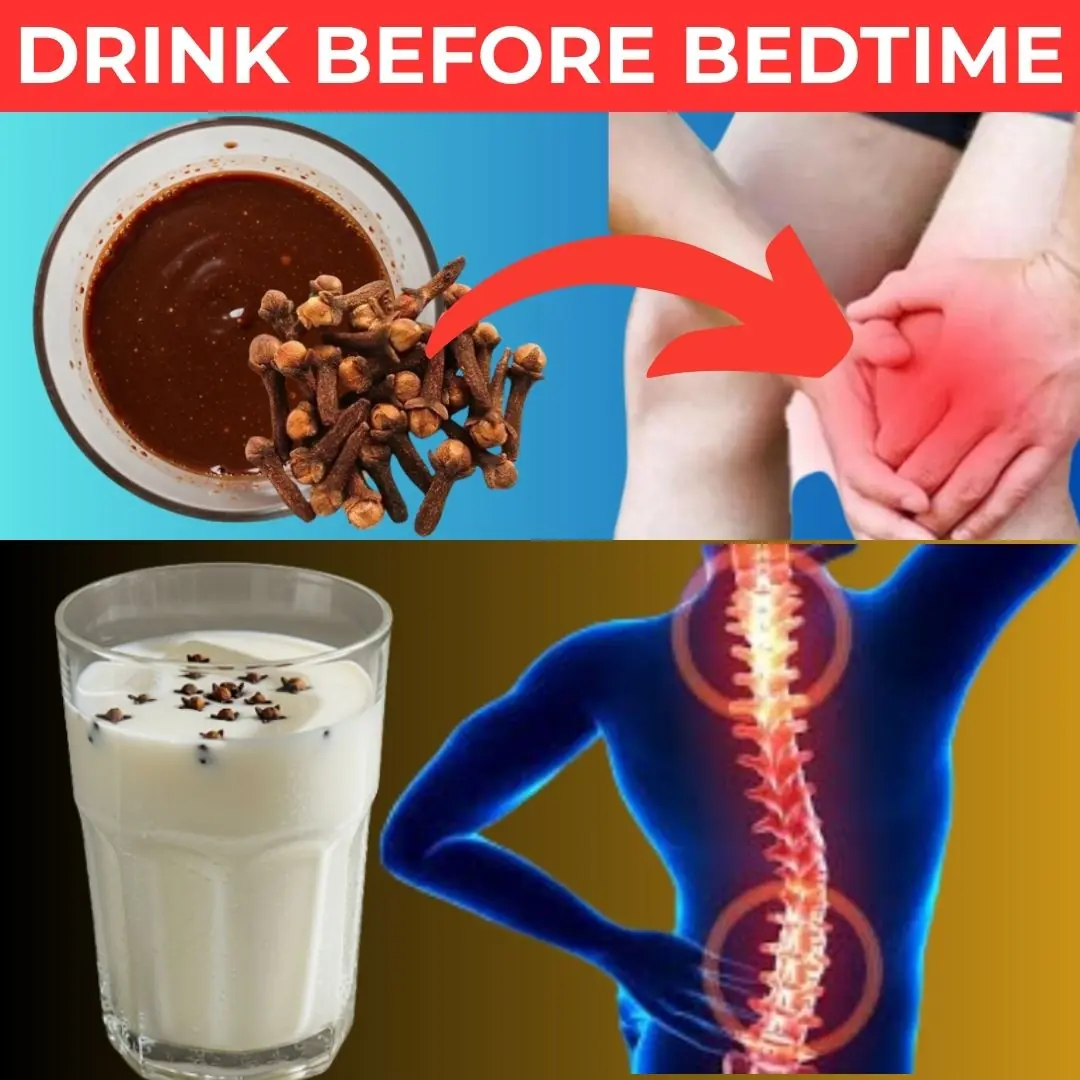
Old Doctor’s Remedy: Almond Milk with Cloves Treats 15 Health Problems in Just 1 Week
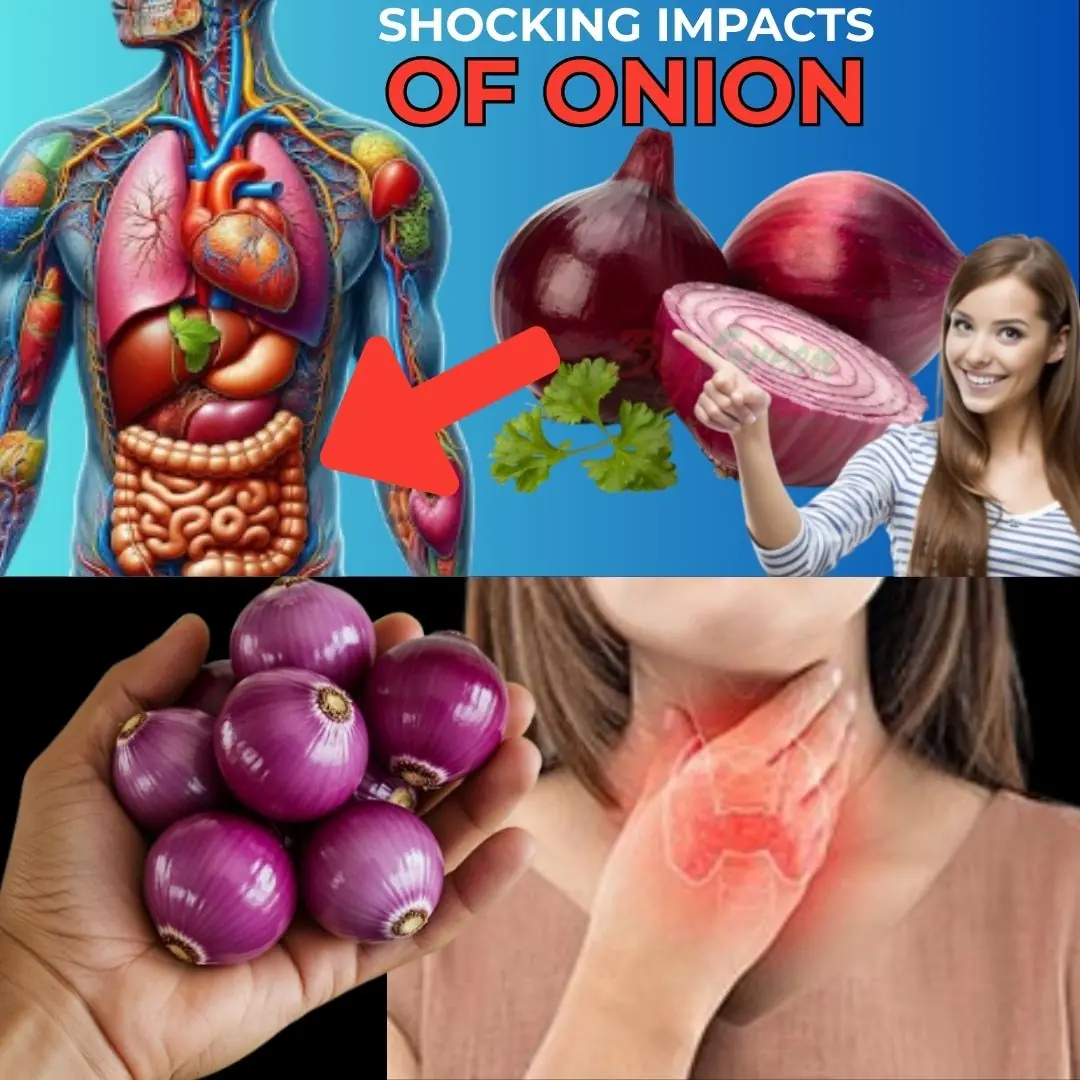
The Amazing Health Benefits of Onions: Why This Kitchen Staple Deserves a Spot in Your Wellness Routine

My Daughter Told Me Not to Visit Her Family Again — Days Later, She Was at My Door Begging

300,000 Americans on Alert as Massive 11,000-Foot Volcano Shows Signs of Imminent Eruption

A Week After Moving in, He Gave Me a ‘House Uniform’—He Wasn’t Ready for What Came Next

Supercomputer Delivers Chilling Forecast for Humanity’s Future on Earth

A seven-year-old orphan boy was about to be disconnected from life support machines, but at the very last moment, he whispered a few words.

The Science Behind Why Your Body Jerks As You Fall Asleep

My Husband Refused to Change Our Baby's Diapers Because 'It's Not a Man's Job' – So I Gave Him a Wake-up Call

Man Eats Slug on a Dare, Leading to Tragic Consequences Years Later

Rude Passenger Cracked My Laptop on the Plane and Refused to Pay – So I Cracked His Ego Instead

When I discovered why my 5-year-old daughter started drawing our family without her dad, I was speechless.

My Stepmother Tore My Prom Suit Into Pieces So Her Son Could Shine – She Never Expected It to Be Her Biggest Mistake

I THOUGHT MY SON WAS TOO YOUNG TO UNDERSTAND—UNTIL I SAW WHAT HE DID WHILE SHE SLEPT

AM I THE ASSHOLE FOR REFUSING TO GIVE UP MY PLANE SEAT FOR MY SISTER’S HUSBAND?

I Decided to Surprise My Husband at Work Only to Discover He Was on Vacation
